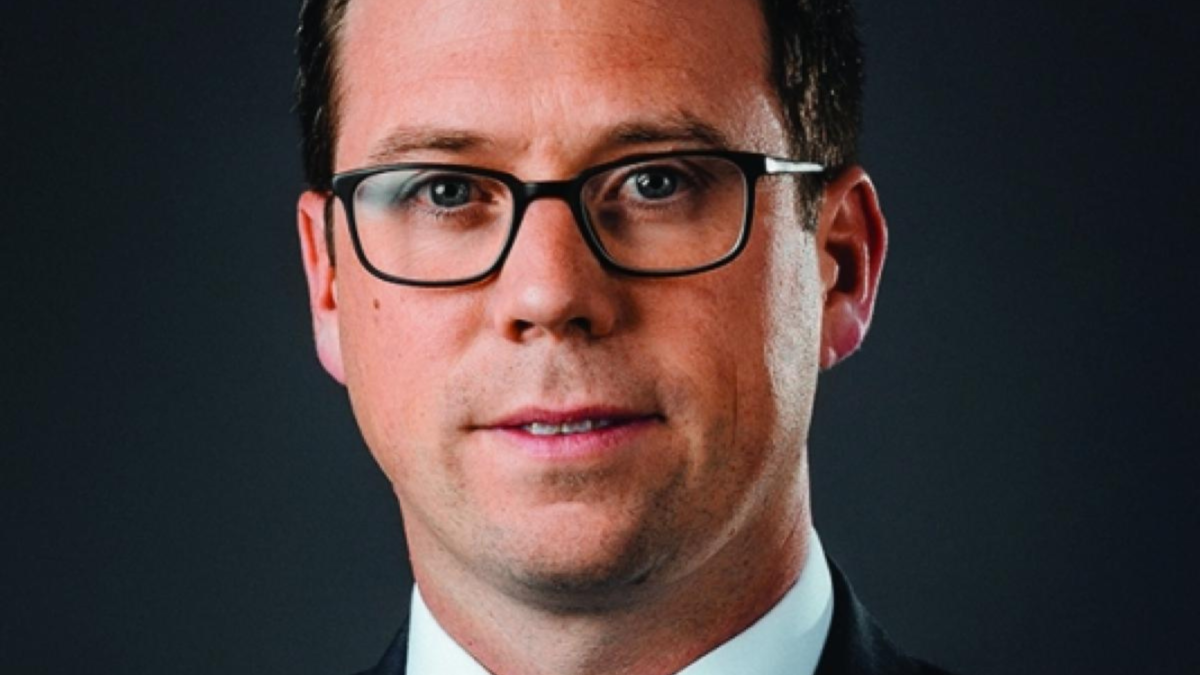Magellan embraces uncertainty and plays the confidence game
No news is usually good news, though Magellan might be the rare exception. Newly-minted CEO David George – formerly of the Future Fund, which scorns active equity management – will keep investors waiting until at least October for more colour on how he plans on turning both the firm and its performance around. But the recent sell-off in equity markets, and the expectation of more volatility in the years to come, means it’s got a golden opportunity to once again prove its investment bona fides.
While the Future Fund wasn’t big on active, George had the opportunity to look at more than 1000 “investment managers, investment processes, and investment cultures” during his time there, and “has a good perspective on what good looks like.”
“There are lessons there, which will complement our current practice and how we turn our research advantage into portfolios that outperform,” George said on Wednesday (August 17). “This is a very good environment for active management. We’re at a turning point in the economic regime.”
“A long cycle of lower and lower interest rates is now transitioning to where inflation and monetary policy environment is shifting. That’s going to bring some volatility, and it might mean that returns in a broader market sense are a little bit lower going forward. That’s when I want an active manager instead of the index.”
Magellan’s GFC decision to essentially go long the S&P when everybody else was scared of it paid dividends (literally) for a decade and a bit. It held plenty of cash in reserve prior to the collapse of Lehman Brothers and sold all its investments in financials afterwards, giving it significant dry powder to take advantage of mispricing in the market.
Its big misstep came during the early days of Covid when it failed to repeat the trick, holding onto cash during one of the greatest risk-on opportunities in history. Then-CIO Hamish Douglass justified that decision with the sober observation that there was no real visibility on what would come next; what the impact of extraordinary monetary policy measures would be, how bad Covid-19 was going to get.
The sharp fall in valuations that he and others predicted eventually came to pass, but years later than expected. As Keynes said: markets can stay irrational longer than you can stay solvent.
Magellan is a long way from insolvent, but its underperformance and leadership woes mean it’s now lost $49.5 billion of FUM. Outflows have slowed somewhat, but stemming further losses is mostly a matter of winning back the confidence of its investors. The arrival of George himself – a 15-year veteran of one of the best-run institutional investors in the world – will get it part of the way there.
“Our clients have a choice about who manages their money,” George said. “And over the last 12 months, it’s clear that events have impacted our clients’ confidence in us. So my priority as incoming CEO, and indeed the focus of the entire team, is on rebuilding that confidence and trust, achieving strong investment outcomes for our clients and providing them with excellent service. If we get these things right, we will stabilize flows and in time, return to growth.”
The renewed focus on the core funds management business will help. Magellan’s FuturePay retirement product – launched with much fanfare in 2021 after several years of R&D, and positioned as the brainchild of then-CEO Brett Cairns – has been quietly knifed. Its investment in fast food restaurateur Guzman Y Gomez was sold, for a small profit; there’s as yet no plans to divest the holding in start-up investment bank Barrenjoey, which has eked a marginal profit this year, though bonuses (the only real way to retain an investment banker) have reportedly come in light, when they’ve come in.
But to state the blindingly obvious, the only real way Magellan can restore investor confidence is by restoring performance. CIO Chris Mackay noted that Magellan’s portfolio companies have benefited from the upswing in markets over the last four to five weeks. Whether it’s a true reversal of fortunes or just another dead cat bounce remains to be seen.











